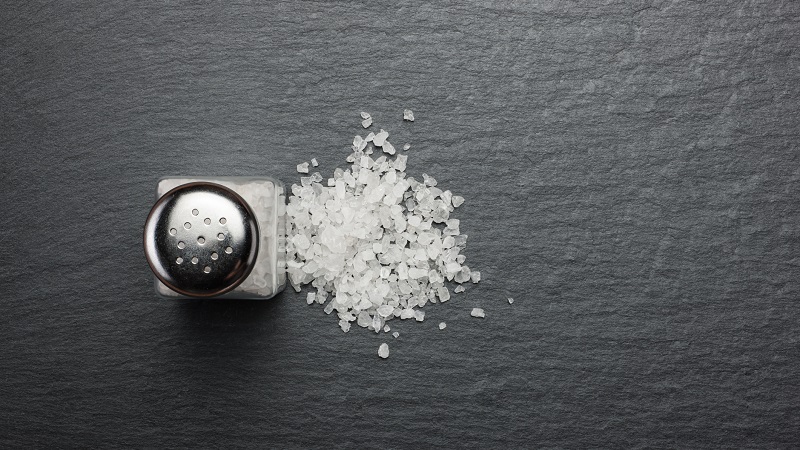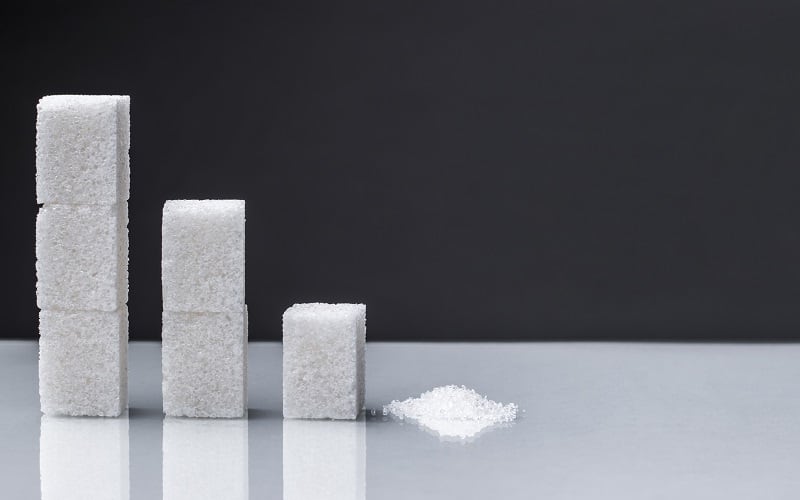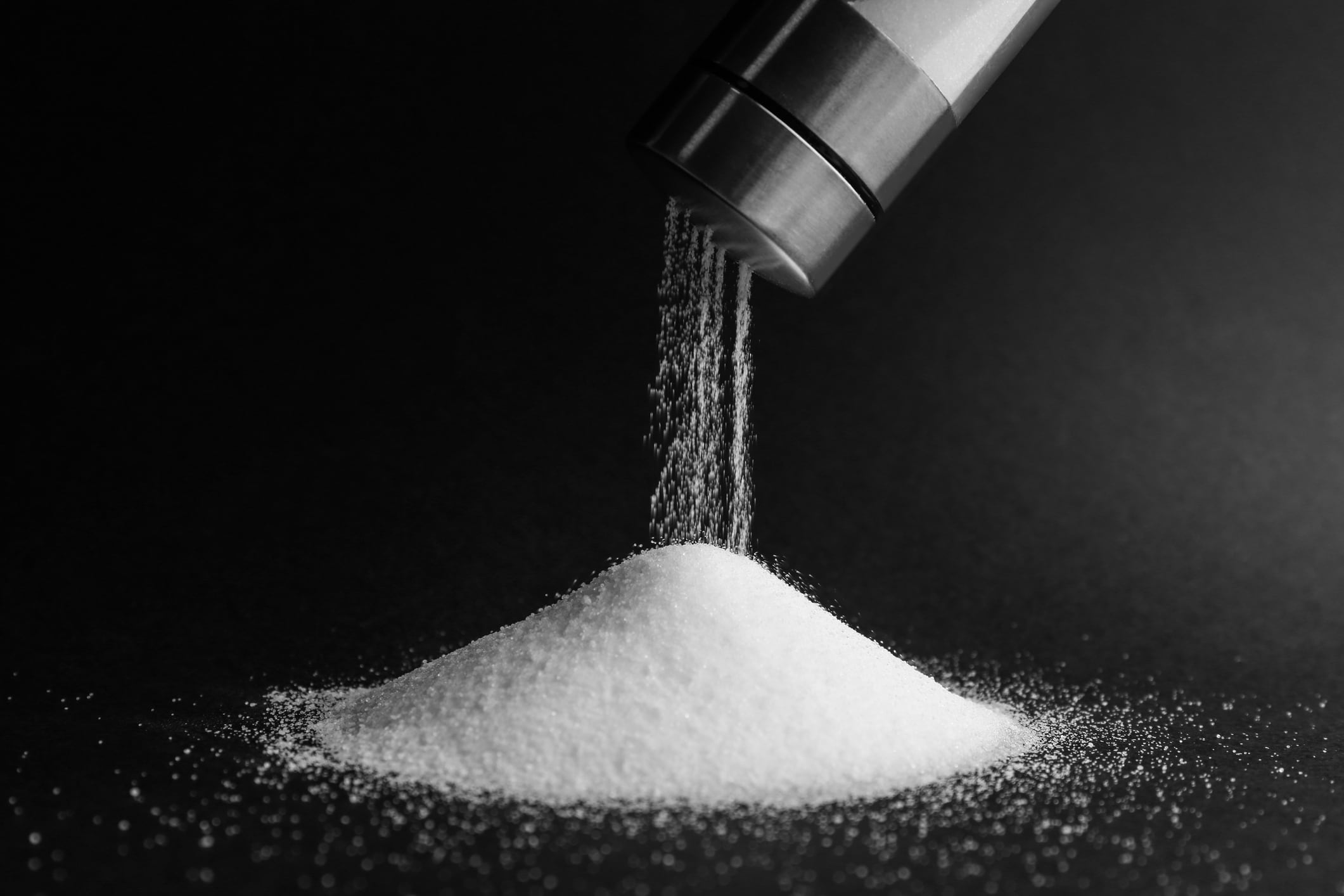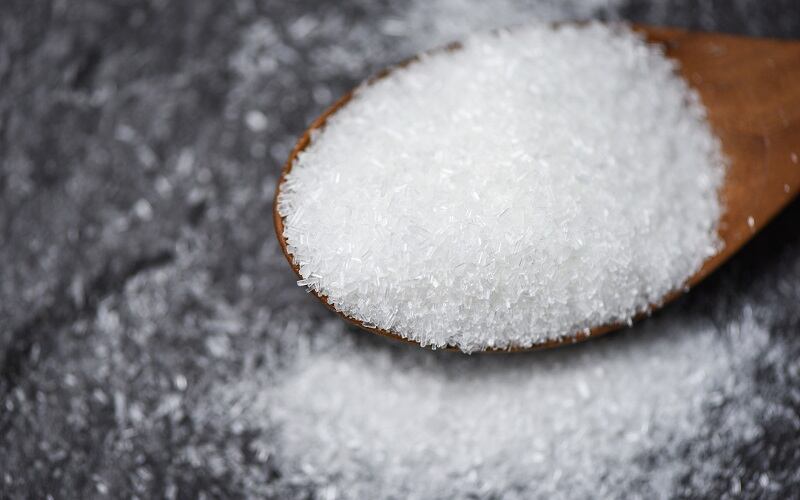“I started working on sodium reduction when I joined Kraft Foods in 1998,” Rains said. “As far as I've seen, we have not made a dent in the average intake of sodium intakes in the US diet, so that's a long time of staying still, but I think now there's momentum. You've got the pressure from FDA and some of these global groups that think companies are going to have to start delivering on the commitments.”
Government agencies push for lower sodium, CPG companies respond
The drive to reduce sodium content in food and beverages comes after years of research that shows a high-sodium diet correlates with negative health outcomes, including increased risk of heart disease, stroke, and other conditions, according to the CDC.
On average, Americans ingest more than 3,400 mg of sodium per day, above the 2,300 mg daily intake outlined in the Dietary Guidelines for Americans with breads, pizza, sandwiches, cold cuts and cured meats, soups, and savory snacks being several of the top sources of sodium, per to the CDC.
Global health agencies and experts are setting goals to reduce sodium consumption, Rains explained. The World Health Organization puts the daily intake of sodium at 2,000 mg.
“You [have] all of these entities globally, pushing the food companies to reduce sodium. So, for example, in the US, we've got the volunteer sodium targets from the FDA, but then you also have on a global scale, companies that have made commitments through different associations saying they're going to meet different sodium reduction targets.”
CPG companies have also made their own goals for reducing sodium in their products. Recently, PepsiCo set a goal to have at least 75% of its global convenience foods portfolio meet or be below category sodium targets by 2030. With this goal, PepsiCo is planning to reduce the sodium in its US Lay’s Classic Potato Chips by 15%, which equates to a sodium level of 140 mg per 28g serving.
Are clean-label trends getting in the way of sodium reduction?
Despite recent progress in reducing sodium, CPG companies are often under pressure to meet consumer demands, which can get in the way of delivering healthier and better-for-you products, Rains said.
Decades ago, the clean-label trend was spurred by consumer demand to remove artificial or perceived harmful food and beverage ingredients to create a short ingredient label. However, the science hasn’t shown that a shorter ingredient label is necessarily healthier or better for you than a longer one, she explained.
"Show me the study that says that [a product] with five ingredients is healthier for you than [one] with 10 ingredients. It doesn't exist because that's not what drives health or the nutritional quality of a product. At the end of the day, what's most important is the nutrition quality ... none of which is number of ingredients or the chemical-sounding name of the ingredient. It's just silly that we've spent so much time on something that isn't beneficial to the consumer."
Making sodium reduction a reality for consumers
When making sodium reductions, CPG companies also might not what to make drastic changes in formulations, instead using a stealth-health approach to achieving their goals, Rains noted.
“Consumers are turned off by any sort of claims or mention of the fact that now this product has been reduced in salt because they equate it to tasteless or it's not going to meet their expectations. So, you've got the consumer that is turned off by anything that's reduced in salt because of their prior experience.”
The approach to reducing sodium can also change depending on the product, Rains explained. For instance, sauces, dressing, marinates, and processed meats are typically high in sodium, and Ajinomoto has reduced their sodium content and retained taste. The company also has expertise in umami tastes, and they know “how to pull the levers of umami to enhance deliciousness with less sodium” with ingredients like MSG and others.
“What we're finding is to actually achieve meaningful sodium reduction and have the product still taste great. It's more complicated than just take out the salt and replace it with potassium chloride. We've been spending a lot of time better understanding that and trying to... think through what are the complexities because we're finding its application dependent, but there must be some like rules that we can apply to other applications when we're extending it, and we're working on what that looks like now.”





